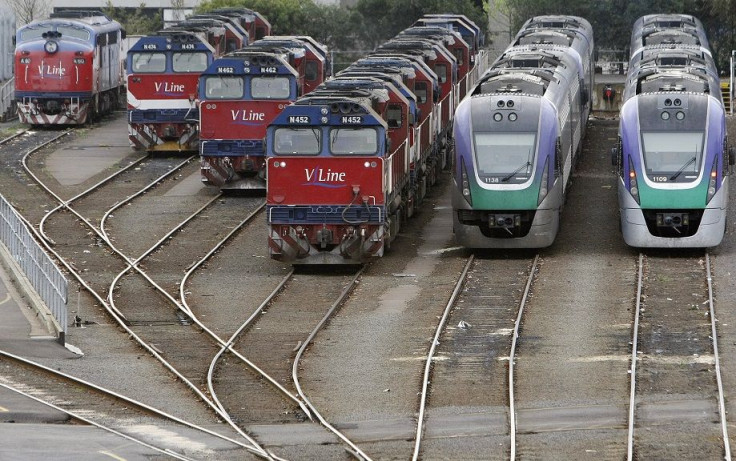IPART proposes Opal card fare hike: No more free trips after 8 journeys

The Independent Pricing and Regulatory Tribunal (IPART) is set to put a stop to the huge discounts NSW commuters receive from the Opal card. The NSW pricing regulator has proposed that fare increase across all rail, bus, ferry and light rail fares in Sydney over the next three years in a bid to improve the public transport system.
On Tuesday, IPART submitted its final report to the NSW Government, suggesting an average of 4.2 percent increase per year for the period of July 1, 2016 to June 30, 2019.
If its proposal would be upheld, the Opal card travel bonus NSW and Sydneysider commuters currently enjoy would be gone. In the current setup, commuters travel for free after eight journeys in a week using their Opal cards.
IPART now proposes a 50 percent discount on travel after the first eight journeys. It initially recommended commuters to pay for their 10 most expensive journeys in a week.
“The modified recommendation would reduce the impact on commuters while increasing the efficiency of the transport system, and also takes account of Transport for NSW feedback about the significant lead times needed to make major changes to the Opal system,” IPART explained.
It further recommends to increase the off-peak discount on trains from 30 percent to 40 percent, as well as increase the Adult Opal daily cap from $15 (Monday to Saturday) to $18 (Monday to Friday), with a lower $7.20 daily cap applied on Saturdays and Sundays.
It also proposes increasing the fare cap for seniors using the Gold Opal card from $2.50 to $3.60. The review body reasoned out that the cap has not increased for 11 years while pensions have increased by 74 percent over the same period. IPART also recommends that the Government review the eligibility arrangements for the Senior cards.
For commuters who need to switch between trains, buses, ferries or light rail on the same journey, IPART recommends a rebate of $2 on the combined trip.
Despite the recommended fare increase, the taxpayers will still have to cover 75 percent of the public transport services cost.
“Right now, the efficient cost of providing the rail, bus, ferry and light rail services in Sydney and surrounding areas is around $4.8 billion a year. While operating costs per trip are reducing overall, the efficient costs will rise to around $5.6 billion a year by 2018-19,” Chairman Dr Peter Boxall said.
“Some fares increases are needed to ensure the additional costs are not borne entirely by taxpayers, but also by those who use public transport the most. This determination means that fares will continue to cover around 25 percent of efficient costs, with taxpayers funding the remaining 75 percent reflecting the benefits public transport provides to the whole community such as reduced congestion and cleaner air.”
The NSW Government will decide whether to implement IPART’s proposals.





















